Thankfully, the saga didn’t end there: Lucas and company delivered a total of six films, with The Empire Strikes Back, Return Of The Jedi, The Phantom Menace, Attack Of The Clones, and Revenge Of The Sith stretching across almost three decades. The quality of the Prequel Trilogy was the subject of much debate – and probably will remain so long as there are fans who flock to the whole Star Wars universe of films – but one thing was clear: the Force was strong, the visuals were compelling, and even things as boring as tax policy and trade tariffs were no match for a good blaster at your side.
Eventually, George Lucas sold his Lucasfilm empire for an astounding amount of money to the Walt Disney Corporation; and the Mouse House promised to deliver audiences once more to the wide, wide world of spaceships, Jedis, Sith, and lightsabers: a new film trilogy (dubbed ‘Sequel Trilogy’) was forthcoming – one which promised to conclude the Skywalker saga – along with a handful of stand-alone Star Wars adventures. Hollywood wunderkind JJ Abrams was attached, and the rest is history …
For me, it’s absolutely impossible to review Star Wars: Episode IX – The Rise Of Skywalker without discussing the complete saga because there are so many tie-ins, references, and callbacks to events that have transpired previously. Critics have been understandably unkind to the release – Abrams and screenwriter Chris Terrio’s chaotic story covers a lot territory in its two-hour-plus runtime, trying to wrap up everything and anything that’s been hinted at and perhaps even a few items that weren’t. Audiences have been more accepting (if those parameters truly matter these days), embracing some of the modest revisioning with grins, guffaws, and groans. But – dare I suggest – it’s equally impossible to even assume everyone who boarded this great cosmic journey so many moons ago would be pleased with where it all winds up.
NOTE: In the interests of fairness, I'm pleased to disclose that there will be spoilers solely for the sake of discussion on plot and/or characters. Take note: you have been warned!!!
Luke Skywalker was a character designed to essentially appeal to anyone. In the original Star Wars, Luke was the young kid trapped in a dead-end town on a dead-end planet. When his Uncle Owen and Aunt Beru weren’t looking, he’d slip off to Toschi Station to hang out with his young friends, or he’d target womp rats from the cockpit of his T-16 Skyhopper. Like so many of us, Luke kept his eyes to the horizon, his mind constantly filled with dreams of enlisting in the Academy and perhaps one day joining the Rebellion to fight the Empire. Though his future was never quite so bright, he imagined a life of adventure amongst the stars, and – galaxy be damned – he wanted something more. Building a saga around such a character was a no-brainer.
Though she hails from a similar desert existence with little prospect for the future, Rey (no last name given for what turns out to be a very, very significant narrative reason) offers very little by way of a ‘ray’ of hope for the future. She spends her days scavenging the remnants of a once-powerful Empire, hunting and pecking for a means to simply get by. Seemingly, she never truly wonders about who she is much less where she has ended up, apparently having been abandoned for no reason by parents whose elusive identities never quite seems to matter. Essentially, she’s an empty vessel, one that can be filled with practically anything a storyteller or audience member desires, and her backstory still makes sense.
When Luke finds himself suddenly thrust into the world of adventure he so desperately craved, even he balks at it. Ben Kenobi asks the young moisture farmer to learn the ways of the Force so that he can accompany him to Alderaan, but the lad refuses; it’s only after Imperial stormtroopers destroyed his homestead that he relents. In Mos Eisley, he’s literally thrown onto his backside in the cantina, left to allow a man perhaps three times his age to dispatch a couple of greasy regulars. When he tries to match barbs with the smuggler Han Solo, Luke once again is put in his place by the aged Jedi Knight. Finally aboard the Death Star in a rescue attempt gone horribly wrong, he’s nearly drowned and then crushed in one of the space station’s trash compacters until helped by others. Nothing but nothing goes right for him … and he’s still the hero on the hero’s quest who’s encouraged to fire his torpedo with the Force and ultimately save the day (for the time being) in the climax.
For the record, the defining Skywalker continues to earn his stripes throughout the Original Trilogy. He suffers shortcomings again and again in The Empire Strikes Back, whether it be falling prey to the dreaded Wampa on the ice planet Hoth or suffering the verbal lashing repeatedly dished out by Jedi Master Yoda throughout his training on Dagobah. Luke fails – he fails to understand his place in the universe largely because it’s the responsibility to the hero to P-R-O-V-E himself; and any life coach worth his or her salt will remind you that failure is a necessary component of learning. He even fails to accept the truth offered to him by Darth Vader – that he is, in fact, Luke’s father – until the facts are confirmed by the ghostly Kenobi much later. In fact, it isn’t until Return Of The Jedi that the young Skywalker seems to have come into his own, mastered his skills, and accepts his failures as the opportunities they are to the greatness yet in store for him.
By contrast, Rey seemingly needs no one.
She comes from nowhere but is emotionally, spiritually, and physically equipped for anything. She’s a professional scavenger, largely through experience of her own. She’s a pilot, though the audience is never treated to any logical explanation of how, where, or why she amassed such galactic skills. She’s even a budding Jedi Knight without granted so much as a day’s training, one who bests the galaxy’s current baddie, Kylo Ren, in her debut film’s big finish. And she bests him again she does in The Last Jedi. Should anyone expect a different outcome in The Rise Of Skywalker? Only if they haven’t been paying attention.
One could argue that the narrative problems of Rey as well as the entire Sequel Trilogy are owed to the fact that these films appear to have been constructed by committee and not every serving member shared equal weight.
Much ado has been made in the press about Rian Johnson’s contribution to the saga, the controversial middle installment better known as The Last Jedi. Though the film was critically praised on its release, audiences appeared upset with its story, and the reasons ranged the simple to the complex. Luke Skywalker had fallen from grace (in a sense) but his exile was largely self-imposed, the Jedi Knight choosing to shelter himself on hidden world because he’s concluding that the Jedi and Sith are simply no good for the galaxy-at-large. Eventually, Rey’s obvious invulnerability forces cracks in Luke’s demeanor, and he begrudgingly begins training her (though his motivations remain a bit nebulous and open to interpretation). To her credit, Rey does put these lessons to good use, though the showdown appears more about establishing a personal heritage than it does saving the universe from evil.
For those unaware, Abrams and company had provided the essentials for a shooting script to the oncoming director; however, Johnson was apparently under no obligation to use it. Thus, he tossed it out (?!?!) and penned his own, one which he promised would “challenge fans” instead of appeasing them. (Sorry, folks, but I still have unequivocally no idea what that means, and I’m guessing that Johnson would conclude that I’m no fan, as a result.)
Because I’ve no way of knowing what went on behind-the-scenes regarding the differences between Abrams’ and Johnson’s drafts, I can only speculate that the former would’ve placed more building blocks onto the foundation creatively established with The Force Awakens. What could that have involved? Well, Abrams’ fondness for MacGuffins is legendary, so I can only guess he would’ve explored the secret of Rey’s past … with the possible reveal coming near the picture’s conclusion, much in the same way Vader broke the news to Luke about who his real father was. Such a twist would’ve given The Last Jedi the same narrative energy as The Empire Strikes Back gave the Original Trilogy, and I’m guessing studio executives would’ve lapped that up and begged for more when essentially all such a delivery does is pave the way for the third act … which brings us back to the discussion of The Rise Of Skywalker, its strengths, and its shortcomings.
Instead, Johnson’s script fundamentally destroyed the Resistance, shaking the saga to its foundations. His story also introduced a handful of secondary characters (i.e. Rose Tico, Vice Admiral Holdo, DJ, the Master Codebreaker), many of which seemed inconsequential and colorless in a galaxy more commonly associated with fan-favorites like Boba Fett, Wedge Antilles, and Jabba the Hutt with vastly limited screen time. Lastly, the talented writer/director killed off the central Skywalker, giving him a largely ignoble if not cowardly death in some empty corner of the universe where only Force ghosts could see him pass.
Was this the way Walt Disney truly wanted to expand its billion-dollar investment, truly resting its future on the backs of heroes yet unproven, box office ticket receipts be damned? Granted, any film with ‘Star Wars’ in the title still faces a lucrative future, but did the Mouse House truly want to turn its back on the past in such an obvious way? Yes, the baton was passed (somewhat) to a new crew with The Force Awakens, a film I personally didn’t much care for; straying so far from the path of the quintessential good vs. evil story was a calculated risk, one from which fans only hoped Kathleen Kennedy and her producing crew learned a worthwhile lesson or two.
In much the way Johnson tossed out Abrams’ work to flesh out his own direction with The Last Jedi, Abrams appears to have done the same with The Rise Of Skywalker: all that remains of Rian’s work is that the Resistance is in shambles, but gone (thankfully) from the light of day are any discussions of challenging fans. The Hollywood wunderkind is back in the center seat – for better or for worse – and he brings the saga full circle with a plot that involves the return of Emperor Palpatine in more ways than one. The invincible Rey is also back in top form, her Jedi training apparently completed by none other than Leia Organa herself.
In short, the final film in the Skywalker saga’s greatest strength is that it feels like two films, ignoring much of Johnson’s creative sidebar in favor of drawing all plots and subplots to closure. In fact, I’d argue that the first half quite possibly included elements of what Abrams’ had loosely planned as the Sequel Trilogy’s second film, the draft of which ended up being discarded: this half showcases our young heroes along with a few established regulars (Chewbacca and C-3PO) on the quest to uncover just what Luke Skywalker was up to before he went into self-imposed exile. However, feeling like it’s two films is also the feature’s greatest weakness as much of its second half feels cobbled together around ideas that could’ve benefited from more screen time and less obvious exposition.
As alluded to above, audiences learn that Jedi Skywalker did more than simply fall from grace after the conclusion of Return Of The Jedi: apparently, he had a few adventures, some of which included training his sister Leia to be a Jedi Knight as well as hunting down some legends (with Lando Calrissian) involving an ancient Sith world known as Exogol. In Luke’s absence, Kylo Ren and the Knights of Ren (sounding like the name of the worst grunge band possible) take up this quest. Lo and behold, Kylo discovers that he’s been little more than a pawn, and it’s none other than Emperor Palpatine (or a suitable clone) pulling the strings all along. Palpatine – last seen falling down a power shaft in Return Of The Jedi – has emerged and wants the galaxy back for himself, and he’s amassed a whole fleet of Star Destroyers just waiting to enforce his Imperial might: all he needs (curiously unexplained) is for Kylo to finally kill Rey to set the daring plan in motion.
Whether one likes the idea of Palpatine returning to prominence or not, this arrangement works wonderfully for the purposes of Abrams and Terrio’s script as it finally gives these young heroes some quest of their own to fulfill: together, they must locate an all-new MacGuffin, one which will lead them to the Emperor so that they can battle evil before it’s allowed to destroy their world. Rey, Poe, and Finn finally have their own purpose in the galaxy far, far away; and this is why I’d argue that the first half of The Rise Of Skywalker is the first original and interesting material since George Lucas passed the franchise to Disney. Like it or not, Rise’s set-up staked out an adventure for these “younglings” to go out into this universe and earn their stripes; despite a few questionable choices here and there, this first half succeeds in taking the mantle as ‘the next generation’ in Star Wars’ storytelling. As imperfect as it was, it still worked.
But then came the second half, and I’ve begun to wonder if Abrams deliberately implodes space fantasy franchises so that he can get fired and go on to other projects.
Because of his long-established penchants for MacGuffins, Abrams is clearly a screenwriter perfectly comfortable with pulling solutions out of thin air (if needed); why not tie up a plot twist simply with a new Force ability? In short, this is what magical devices do – they exist to pull tales into whatever direction the storyteller wishes. Though intrinsic to much of fantasy and fantasy franchises, magic is not organic; thus, shackling the Jedi and the Sith with even greater mystical powers than was ever intended much less seen before in the Star Wars universe was, perhaps, a risk too great to take … and that’s probably why both Johnson and Abrams couldn’t resist themselves respectively in The Last Jedi and The Rise Of Skywalker.
Johnson saw fit to give Luke Skywalker the ability to Force-project himself – while still alive – halfway across the galaxy in order to help save the day in the big finish to his film. Granted, this effort wasn’t without consequence: the expense of such will brought about the Jedi’s controversial death in The Last Jedi. As the road was already paved by Johnson, Abrams simply saw fit to craft out a few offramps of his own by imbuing Force users with the ability to heal others and even transfer their own “life source” to another living being. Actress Daisy Ridley is even on record in interviews as confirming that director Abrams specifically wanted to forge new Jedi powers in the ongoing saga, some of which were only hinted at previously. Furthermore, the Jedi are now fully able to transfer solid objects to one another across vast distances by using the Force, and they can even do battle with one another while engaged in Force-enhanced visions.
At first blush, some of these developments do keep within the spectrum of possibilities laid out within Lucas’s films. Before the Prequel Trilogy reduced the Force to discussion of midichlorians and blood samples, the Original Trilogy showcased Darth Vader oft using his Force abilities to inflict harm on countless others, so the evolution of using the same abilities to speed healing is debatably plausible. And if the Force can be used to influence the perception of others (i.e. “these are not the droids you’re looking for”) then it stands to reason that the touch could be medically persuasive, no? (This IS Fantasy, after all.) However, I found the passing of objects across great distances to be a bit too fantastical for my personal tastes; as their was really no grounding for it in the films previously, it just seemed like a screenwriter’s creation to move the plot forward.
It’s this slapdash development of powers and circumstances – along with the narrative which far too often felt like revisiting the events and situations of the Original Trilogy – that has me labeling these three films as ‘the Incoherent Trilogy.’ It just rarely felt natural, rarely felt original. When it did try to do something different – even in the appearance of wheel-based technology that had never been seen before in Star Wars – I found myself questioning, “Well, why now? We’ve never seen this before, so why now?” When I can’t comfortably answer that on my own with material provided by the storytellers, I begin to doubt the sincerity of the effort.
Yes, maybe I’m overthinking it, but I still view it as a weakness of the film, not the audience.
Like so many, I could go on, but I won’t at this juncture, largely because I don’t wish to spoil the experience of seeing The Rise Of Skywalker on the silver screen. It’s an admirable effort – one that tries too hard in some places and too little in others – but still worthy of being seen, especially in cinemas. Plus, I’ve a whole idea about a series of articles on redemption and what it means in the Lucasfilm universe, but methinks that’s for another time and another place when spoilers can be more openly discussed.
Though I’ve said I didn’t care for The Force Awakens (heck, I even hated the film’s title), the flick didn’t quench my thirst for all things Star Wars. Though I’ve criticized The Last Jedi for feeling more like a bloated video game than it did a theatrical release, I’ve often admitted I had fun with it … in much the same way I would a video game. And I’ve tried to be as clear with The Rise Of Skywalker as possible without ruining the experience for those yet to partake of what promises to be the last in the initial Star Wars saga: the first half is pretty grand, and the second half is pretty uneven, almost rushed.
So rather than dwell on it as the end of all things, I do choose to find hope in a new beginning.
Star Wars has always been big on dreams, after all. Luke Skywalker had them, and – though Rey’s focus always seemed more selfish on finding out who she was – maybe she had them, too. As much as The Force Awakens narratively undid the hero’s quest of the Original Trilogy, it still delivered the franchise to a new generation of viewers; that film’s gross alone perhaps insures that there’s far more stories to tell in the galaxy far, far away.
In the meantime, there’s always the novels, the new Disney streaming services, and comic books. So long as there’s an audience, there will be Star Wars.
And the Force will always be with us …

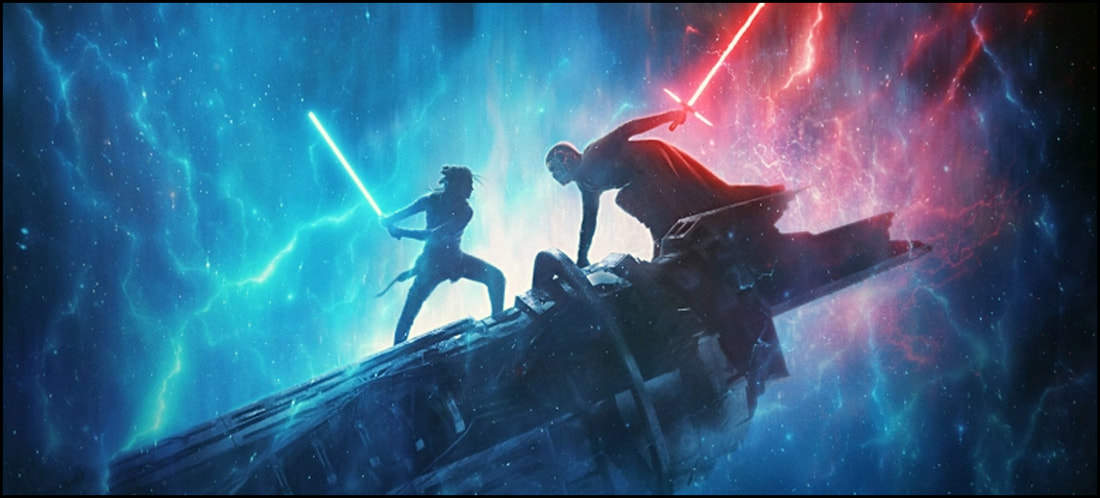
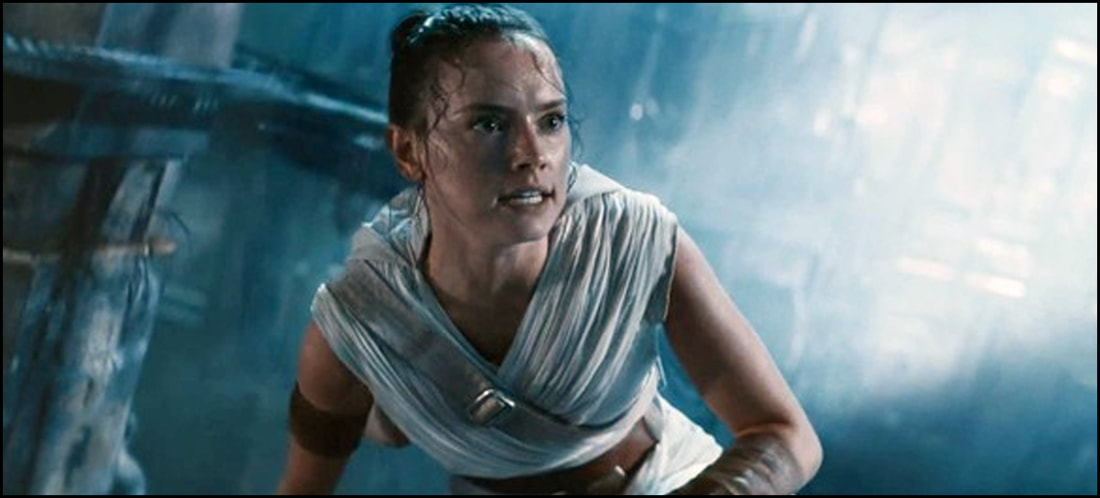
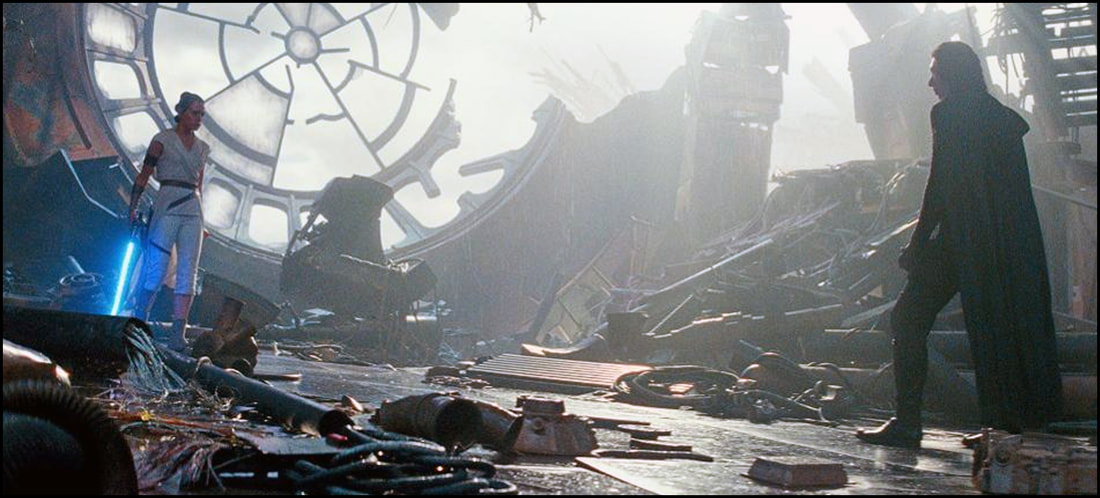
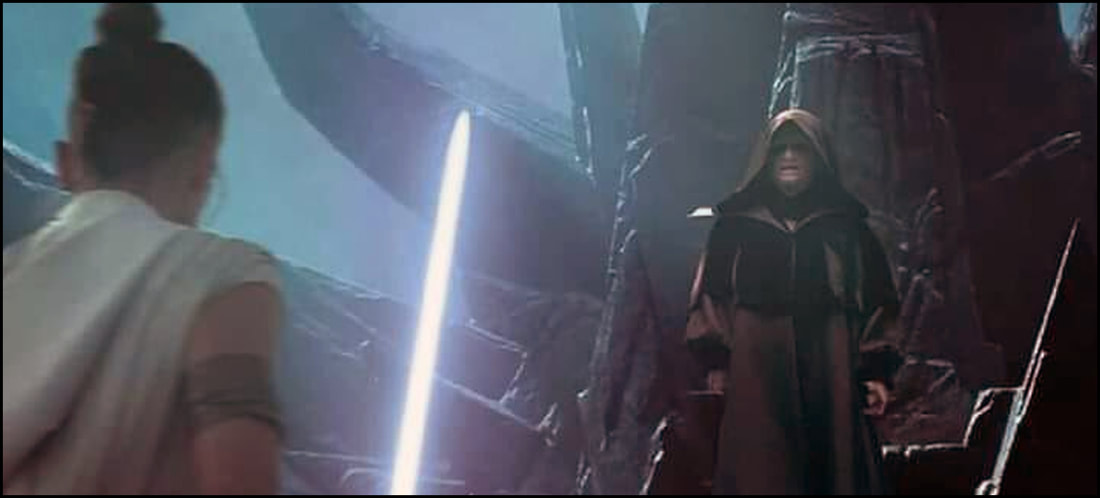
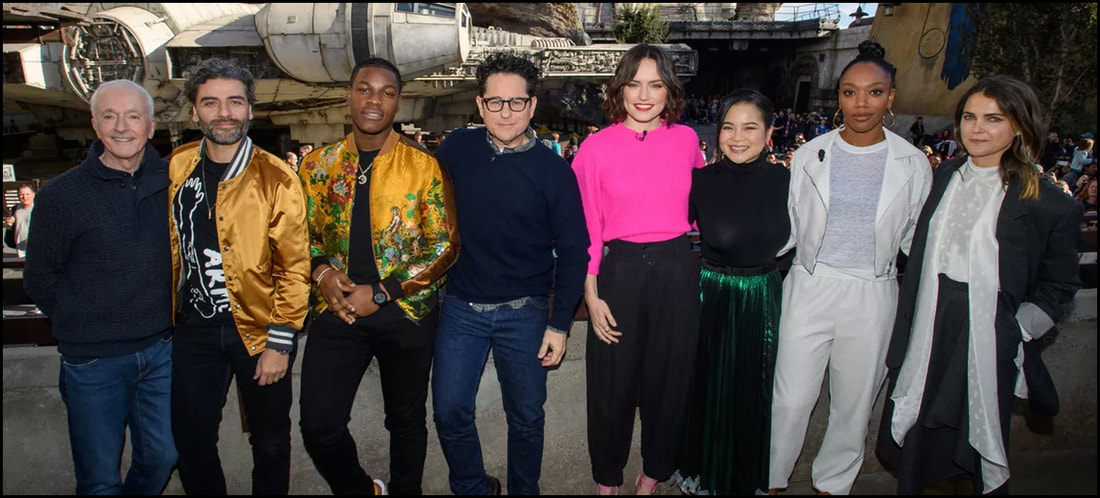
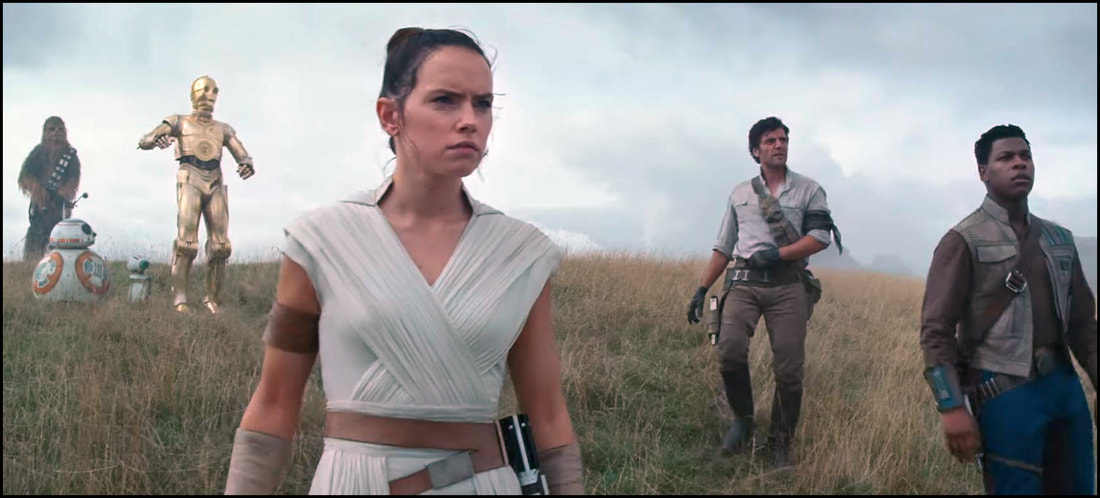
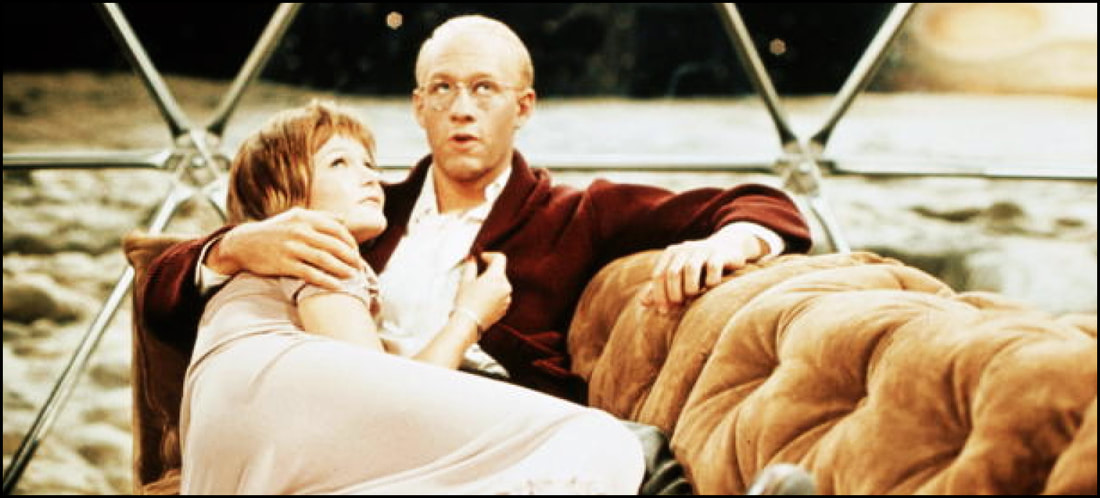
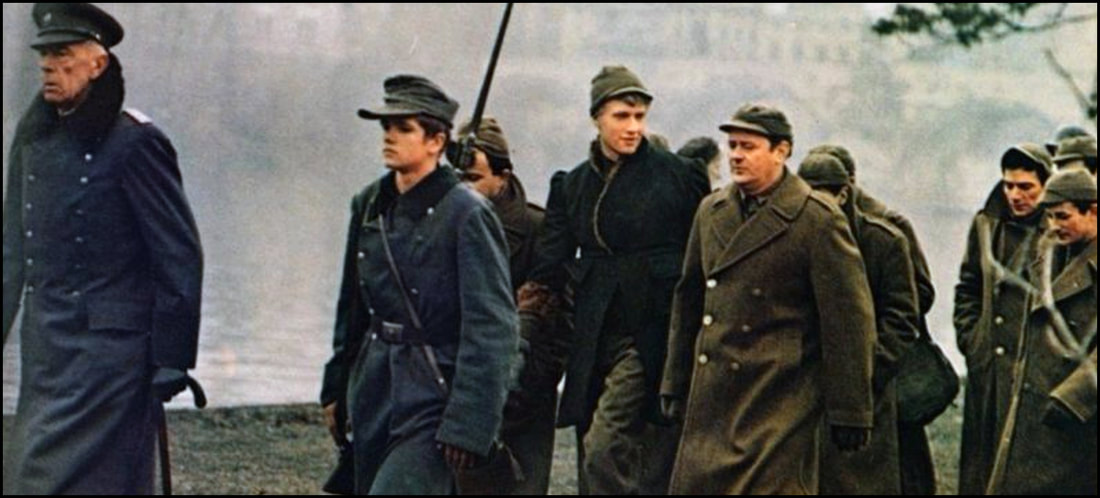
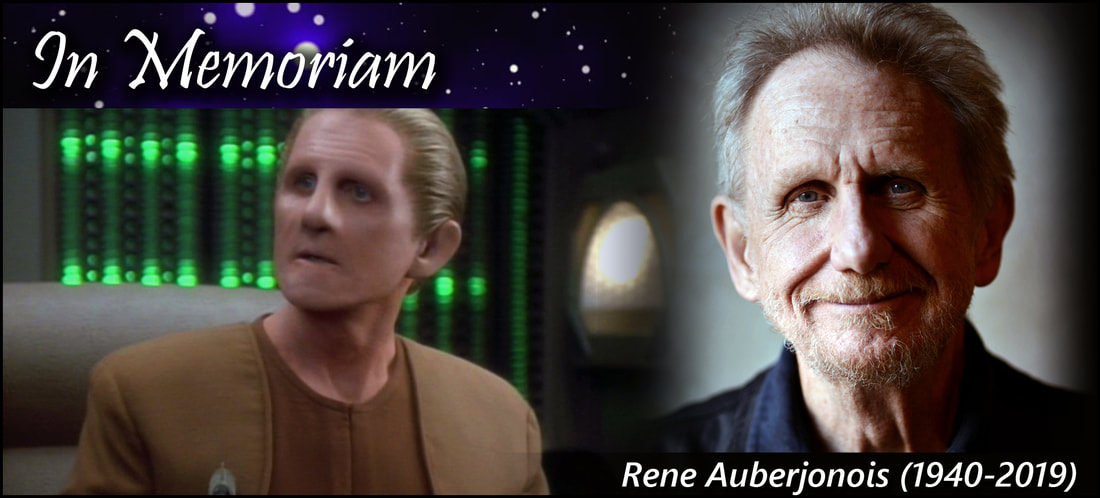
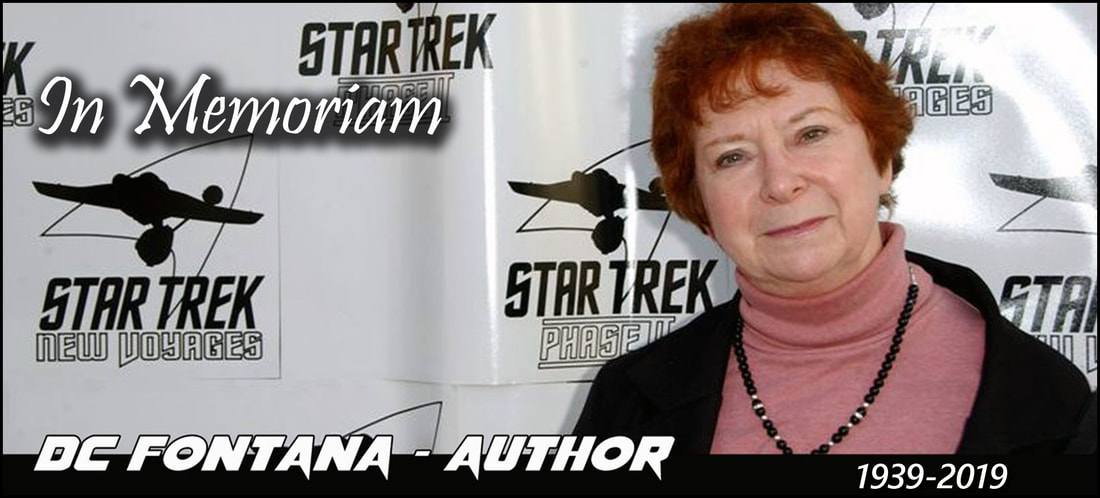
 RSS Feed
RSS Feed